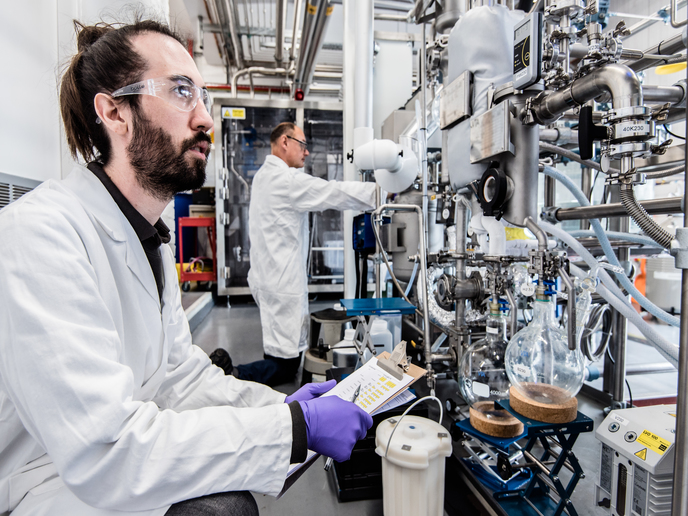New organic catalyst strategies
Developing new catalysts often makes it possible to generate previously unattainable compounds, which could have unique physical, chemical or biological properties. Studying catalytic mechanisms uncovers new ways that molecules can interact and react. The EU-funded REMOTECAT(opens in new window) (Asymmetric organocatalysts for remote functionalization strategies) initiative aimed to design new organic catalysts to generate previously unattainable compounds that have unique physical, chemical or biological properties. The researchers devised a series of experiments to derive new and improved organic catalysts. REMOTECAT conducted a series of chemical reactions using aminocatalysis and synergistic catalysis. From these numerous experiments, the researchers demonstrated that synergistic catalysis, such as aminocatalysis combined with transition metal catalysis, is a powerful catalysis strategy. The researchers demonstrated that the synergistic interaction of two catalytic cycles improved existing reactions, often by suppressing side reactions and improving control of chemical intermediate states. The catalysts obtained by REMOTECAT will open access to a variety of exciting new compounds, and help synthesise natural products and bioactive molecules.







